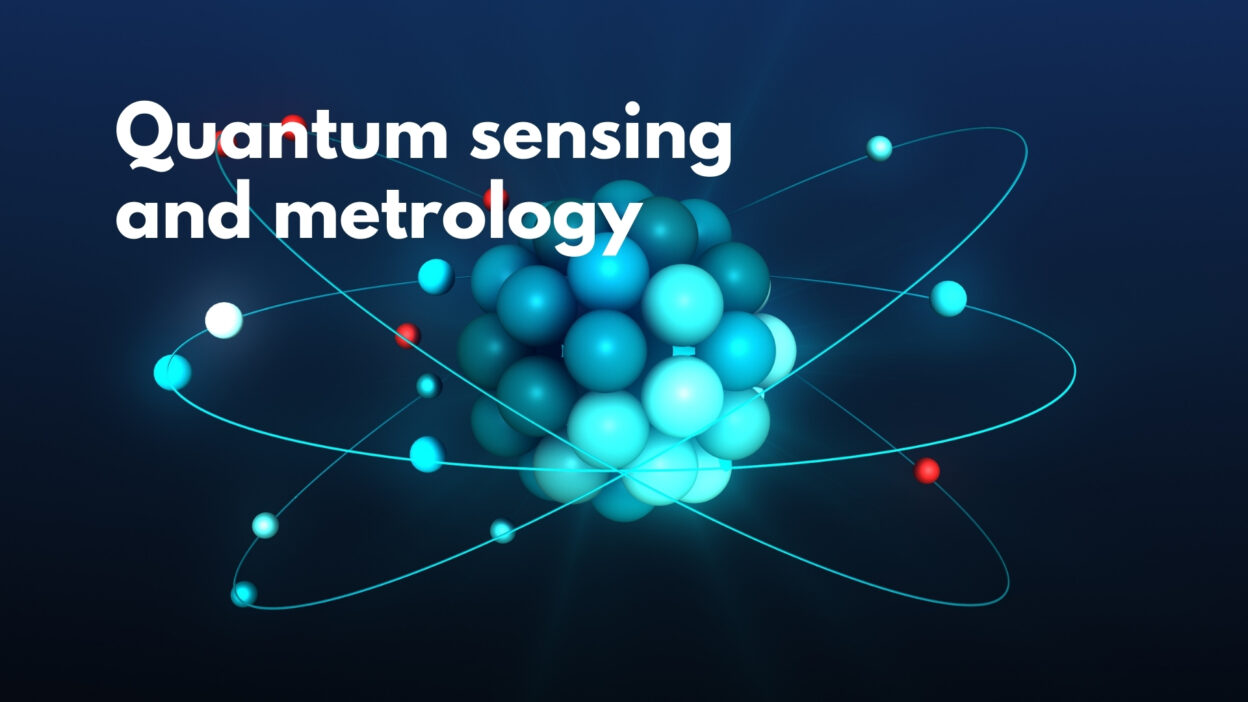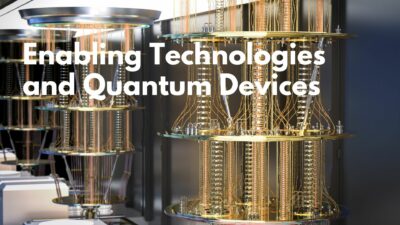In October 2001, Eric Cornell and Carl Wieman, along with Wolfgang Ketterle, were awarded the Nobel Prize in Physics for discovering the Bose-Einstein condensate (BEC), a new state of matter. The press conference at JILA, a joint institute of NIST and the University of Colorado Boulder, celebrated this achievement. The discovery involved cooling atoms to near absolute zero, where they behaved like waves rather than particles and formed a single quantum wave or “superatom.” This breakthrough confirmed a theory proposed by Einstein and Bose nearly 80 years earlier.
The research was made possible through advanced techniques like laser cooling and evaporative cooling, which allowed scientists to cool atoms to temperatures just billionths of a degree above absolute zero. The discovery has potential applications in precision measurement, navigation, quantum computing, and fundamental physics research. Both Cornell and Wieman emphasized the importance of basic scientific research and collaboration between academia and federal laboratories through JILA. They also highlighted how BEC provides a unique opportunity to study quantum mechanics on a human-scale, which could lead to future technological advancements.
Keywords: Bose-Einstein condensate, quantum mechanics, precision measurements


